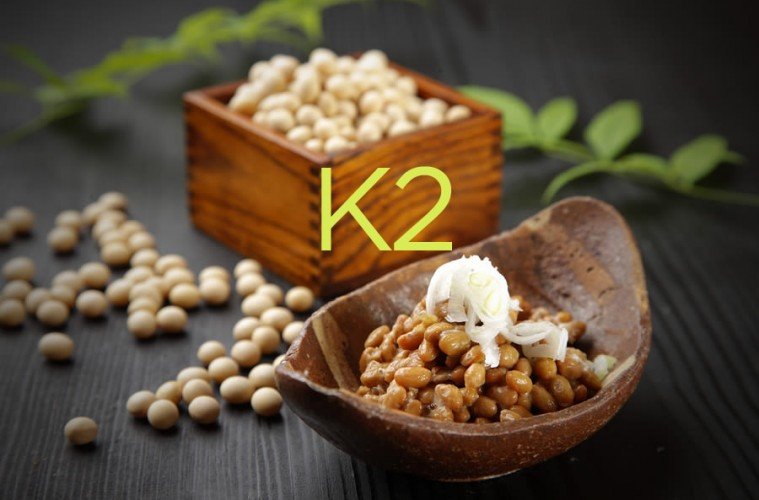
The Importance of Vitamin K2 for Heart Health
A healthy vascular system and vitamin K2 are other important factors, and vitamin K2 is responsible for the integration of calcium into arterial plaques caused by oxidized LDL particles. Keeping the arteries clean and clean, and working with other nutrients is essential, the most important of which are vitamin D, calcium and magnesium. Vitamin K2 is mainly found in fermented foods and animal fats. The best source of consumption for most people is egg yolk and cheese, especially hard cheese.
“We have epidemiological evidence that the more vitamin K2 people eat – but not the risk of K1–heart disease, the lower the risk of heart valve calcification,” Dr. Masterjohn said. “We also got a lot of evidence from animal experiments that vitamin K2 is important to prevent vascular calcification.
Calcification occurs in blood vessels essentially in two ways, and they all require vitamin K to prevent it. In both cases, no matter where we find calcification, we will find defective matrix Gla protein or MGP. MGP is a vitamin K-dependent protein that protects blood vessels and other soft tissues from calcification. If the vitamin K content in the diet is insufficient, MGP cannot be activated, and thus MGP is defective. Therefore, MGP cannot prevent calcification of blood vessels, heart valves, and all soft tissues thereof.
As can be seen from the evidence, we believe that an inadequate intake of vitamin K2 leads to atherosclerosis and greater medial calcification, which increases the risk of heart disease. This is particularly ironic because, in most people’s diets, the best sources are eggs and cheese, which contain high cholesterol, which we should avoid.
According to Dr. Masterjohn, animal studies have shown that you can reverse arterial calcification with high doses of vitamin K2. This will at least not surprise me, especially if you also optimize other nutrient variables that we know, which will normalize your cholesterol profile, such as increasing your intake of healthy fats and limiting the intake of vegetable oils…
Do you get enough vitamin K2 to protect your heart?
The optimal amount of vitamin K2 is still under investigation, but it seems that 180 to 200 micrograms of vitamin K2 should be sufficient to activate your K2-dependent protein in order to move the calcium to the desired location and remove it from where it is needed. It should not be.
As I have discussed on many occasions, vitamin D is the key nutrient for optimal health, preferably from sun exposure or a safe tanning bed. However, many people are taking oral vitamin D, which can actually be problematic unless you get enough vitamin K2. In fact, this is a key point that has not been sufficiently emphasized in the past: if you choose oral vitamin D, you also need to eat your food or take vitamin K2.
why? Because when you take vitamin D, your body produces more vitamin K2-dependent proteins – these proteins can help you move calcium in your body. But you need vitamin K2 to activate these proteins. If they are not activated, calcium in the body will not be properly distributed, resulting in weakened bones and hardening of the arteries.
In short, K2 ensures that calcium is deposited and removed from the proper areas. By taking vitamin D, you will increase your need for K2. Vitamin D and K2 work synergistically to strengthen bones and improve heart health.
My favorite source of K2 is fermented vegetables made from special starter cultures used to grow bacteria that produce vitamin K2. We recently had some high-quality fermented organic vegetable samples that were tested with our specific starter cultures and were shocked to find that typical amounts of about 2 to 3 ounces contain not only about 10 trillion beneficial bacteria but Also contains 500 mcg of K2.
Please note that not every bacterium produces K2. For example, most yogurts have almost no vitamin K2. Some types of cheese are very high in K2, while other types of cheese are not. It really depends on the specific bacteria. You can’t assume that any fermented food has a high K2 content, but some fermented foods have a very high K2 content, such as natto.

Expert Installation: Tips for Choosing Air Conditioning in Brisbane

How to Maintain a Rotary Vane Air Compressor

Pet Hospital Logo Design Samples

Sri Lanka vs Pakistan – Rivalry, History & Match Preview

Trump Says Venezuela to Turn Over 30–50 Million Barrels of Oil to U.S



